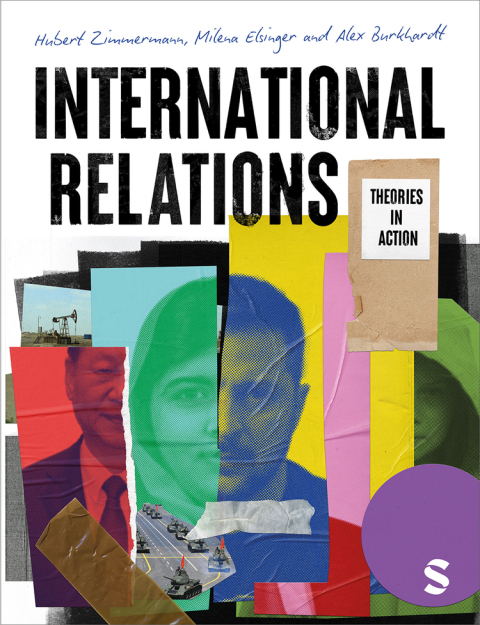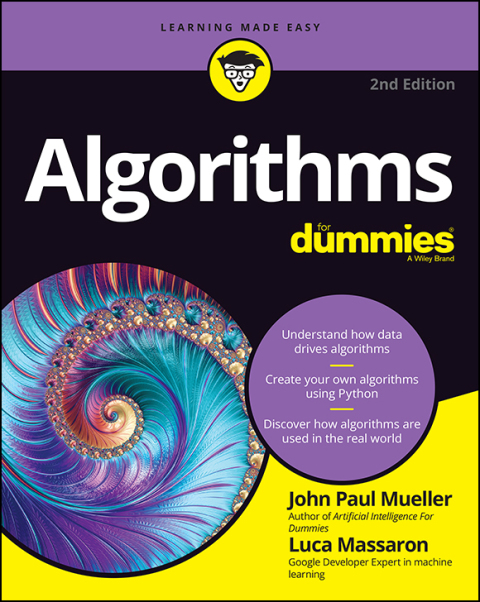Description
Efnisyfirlit
- About the authors
- Preface
- Acknowledgements
- Map
- 1 Doing IR: How to study international politics
- Theories, methods, and core concepts: Why do I have to struggle with them?
- How do I find a productive research question in International Relations?
- ‘Help! There is no literature on my topic!’: A small guide to acquiring knowledge in IR
- Conclusion
- 2 The realisms
- Thucydides and the cynicism of power
- Realism and idealism
- The classical realism of Hans J. Morgenthau
- The neorealism of Kenneth Waltz
- Offensive and defensive realism
- Any future for realism? Recent developments
- Critiquing the realisms
- Conclusion
- 3 Liberal institutionalism: International organizations, regimes, and the liberal world order
- (IR)relevance of international institutions today: The case of the WHO
- Core concepts of liberal institutionalism
- Why institutions are so important: The prisoner’s dilemma
- Theoretical challenges to liberal institutionalism
- Recent developments in liberal institutionalism
- The end of the liberal international order?
- Conclusion
- 4 Liberalism: Domestic theories of International Relations
- Why did Turkey intervene in Syria?
- Core ideas of liberal-domestic IR theory
- Domestic political structures and international politics
- Selection: How do domestic interests become international preferences?
- Externalization and two-level games: The representation of states’ external preferences
- Democratic peace theory
- Conclusion
- 5 Marxist approaches
- Money makes the world go round
- Basic principles of Marxist approaches
- Imperialism, old and new
- The centre and the periphery
- Hegemony
- Critical theory
- Recent directions in Marxist IR: Globalization
- Criticisms of Marxist IR
- Conclusion
- 6 Constructivism and poststructuralism
- The power of ideas
- Foundations of constructivism
- Anarchy is what states make of it
- Identities in the Israel–Palestine conflict
- Role theory in IR: Are Germany and Japan still ‘civilian powers’?
- Norms in International Relations
- Poststructuralism: The world as text
- Discourse analysis: A core methodology of poststructuralism
- Practices in International Relations
- Conclusion
- 7 Feminist theories of International Relations
- Feminism: Gender in IR
- Basic principles of a feminist approach
- Liberal-feminist approaches
- Marxist-feminist IR
- Poststructuralist feminism
- Recent directions in feminist theory: Intersectional feminist IR
- Criticism
- Conclusion
- 8 Postcolonial approaches to global politics
- The impact of the colonial past on International Relations today
- Origins and basic principles of postcolonial approaches
- The Eurocentrism of International Relations
- Postcolonial readings of modern history
- The world is still colonial
- Recent directions in postcolonial approaches
- Criticisms of postcolonial approaches
- Conclusion
- 9 Global and international political economy
- From the global to the everyday: The EU–India free trade agreement and IPE
- Classical theories of political economy
- Interstate competition and the Great Depression: Realist/nationalist views on IPE
- Interdependence and globalization: Global trade policy in a liberal institutionalist perspective
- Domestic foundations of global economic policy: Liberalism and IPE
- International monetary policy and the construction of money
- A constructivist explanation for the emergence of the euro
- Critical perspectives on international financial policy
- Conclusion
- 10 International security
- Dimensions of international security
- Traditional approaches to security
- What does ‘security’ do? The contribution of securitization theory
- Poststructuralism and security
- Understanding terrorism and international security: ‘Traditional’ vs critical approaches
- Cybersecurity and IR theory
- Conclusion
- 11 Regionalism in global politics
- Introduction
- Regionalism: Development of a research agenda
- Research approaches and analytical tools
- The role of different actors
- Analysing regional integration through the lens of International Relations theories
- Conclusion
- 12 The environment and International Relations in the Anthropocene
- The Great Pacific Garbage Patch (GPGP)
- The development of global environmental policy
- IR theories and international environmental policy
- Negative externalities and the tragedy of the commons
- Global environmental regimes
- Climate change as a problem of international politics
- Environmental norm change and global diffusion
- Conclusion
- 13 Human rights and migration
- Human rights and international politics
- The emergence of the international human rights regime
- Human rights in times of war
- Human rights in peacetime
- Migration, human rights, and International Relations
- Human rights and IR theories
- Conclusion
- 14 Development and International Relations
- Global inequalities
- Development theories and International Relations
- IR theories and development
- Conclusion
- 15 Global health
- Will the world finally eradicate polio?
- The globalization of health risks
- Institutional complexity in global health governance
- Global inequalities and invisibilities: Critical approaches and reactions to Ebola
- Interpreting global reactions to Covid-19 through IR theories
- Conclusion
- References
- Index





